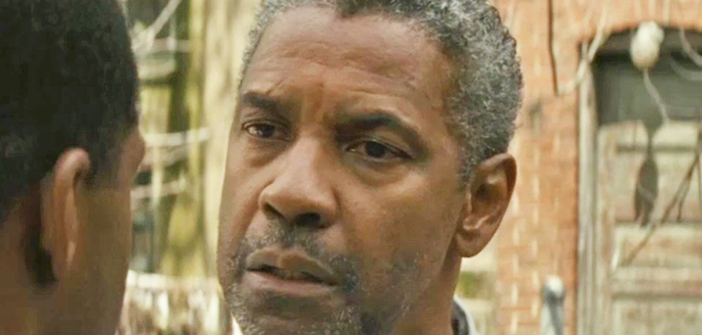Fences is set in the 1950s and revolves around a former baseball player whose career failed due to a youthful mistake (“Fences” refers to the barriers enclosing a sports field, such as a baseball field).
The heart-wrenching story of a family where each member struggles to exist and remain true to their dreams in an evolving America.
Troy Maxson (Denzel Washington) aspired to become a professional athlete but had to give up and resign himself to becoming a municipal employee to support his wife and son.
His shattered dream continues to eat away at him from the inside, and the fragile balance of his family is threatened by a choice with serious consequences…
The subject of the play is in line with his two previous films: a social drama related to the condition of African Americans. This screenplay comes from a play by August Wilson (Pulitzer Prize), which is part of a cycle of ten plays (the “Pittsburgh Cycle”) and describes the condition of Black Americans throughout the twentieth century, with each play representing a particular decade.
Fences portrays the story of a father frustrated by inequalities and injustices made in the name of skin color. Beyond the theme of segregation, it is a complex family portrait that Denzel Washington delivers brilliantly.
Denzel Washington is at the center of all the scenes. Some may criticize it as narcissistic direction, while others may see it as a tremendous playground for his talent. Adapting a play to the big screen is not without risk, but this quasi-closed setting works beautifully.
Shot in chronological order, Fences leads us to its touching conclusion. Of the two sons, Jovan Adepo’s performance is astounding, and with the brother returned broken from the Vietnam War, each of the characters adds an indispensable stone to the narrative.
The film garnered four nominations, including for Best Picture. Viola Davis is a favorite in the race for the Oscar for Best Supporting Actress, after her Golden Globe in January.


